Sway Dasafo is a different man today
Lodged behind large spectacles and a full beard with a few grey smatterings, Sway Dasafo, the celebrated British-Ghanaian rapper’s face doesn’t reveal much. His hands, though, swathed in a gold-embroidered kaftan, indulge in regular gesticulations that attend his responses.
 Sway Dasafo attending a music production workshop at the 2019 ACCES music conference in Accra, Ghana. Photo: So Fraiche
Sway Dasafo attending a music production workshop at the 2019 ACCES music conference in Accra, Ghana. Photo: So Fraiche
The interview succeeds an ACCES 2019 discussion on Afrobeats’ recent global explosion, among other topics, which also had on its panel Nigeria’s Skales and the BBC’s Rita Ray.
Sway Dasafo, born Derek Andrew Safo, says he always saw Afrobeats coming, for which reason his catalogue contains songs from as far back as 2014 that hold references to the genre.
“It’s inevitable,” he says, “the world moves in trends.” In the UK, for instance, he points out that this is especially true about dancehall.
The ACCES discussion in Accra last November also saw him impress the need for musicians to be more than just fruits, but also trees, calling up a 2014 verse he contributed to Edem’s ‘The One’, on which he makes a similar analogy.
“We need to be providers. We need to be providers on every single level.” More often than not, he says, popular music is characterised by an inherent fixation with flagbearers, especially for a particular community – such as Sarkodie in the case of Tema. Yet, not everybody can be at the forefront. “Somebody else has to build the structure for things to go further.”
That somebody is Sway. In 2013, after an illustrious run of releases, he returned to the back-end of things, reviving Dcypha Productions, his independent label, which would become the home of Tiggs Da Author and YouTube star KSI.
Sway intends to explore new frontiers, such as publishing a book. This is one of the reasons he withdrew from the limelight and re strategised.
“When you’re an artist, everything hinges on your last successful record. So if I carried on as an artist, it’s inevitable that things would start going down. It’s the way of the world: people lose interest, fan bases grow up. If I wait for that long, and I wait for my stage to dwindle, I can’t use what I’ve built as an artist as collateral to build a business.”
Unsurprisingly, that decision came with repercussions. When an artist steps back from music as a primary source of income, his finances take a dip. “But then, it all makes up for it when you start learning the business of it,” he says.
It also offers creative freedom that may have previously lacked. “Now if I’m making music, I know I can make music as a luxury because my businesses feed me, my family and people around me. When I’m making music, I can make it purely from the heart, and creatively ‒ not because I need to chase a hit.”
But Sway’s fans may disagree with this statement. They would argue, citing his noticeable avoidance of pop templates, that the rapper has always preferred creativity over commerce.
He agrees but offers clarification. “I have always had to play the game,” by which he means having to adhere to chart politics and the radio climate.
On his reputation as ‘the rapper’s rapper’, Sway describes it as nothing short of “an honour”, even if came with time and practice. He expounds: rappers ‒ notably Lupe Fiasco, Akon, and Pharrell Williams, who place him on a high lyrical pedestal ‒ are typically artists he respects greatly as well, which is why his artistic career seems somewhat surreal to him.
So where does his outstanding The Signature LP (2008) fall in his discography? Not very high, he says, albeit it was a massive commercial success. (The Signature LP, the rapper’s second album after 2006’s This Is My Demo, brought Sway fame and the notice of top stars, including Akon, whose Konvict Muzic label, to which the likes of Lady Gaga and T-Pain were signed, secured Sway’s signature in 2008.)
It was during The Signature LP that he experienced some of his lowest moments. Without going into specifics, he concedes that there are records he isn’t too proud of, and he confesses that the record came with “ego, too many lights and too much confusion.”
Deliverance, The Signature LP’s successor that came seven years later “is the one”. That album is a celebration of his transition to his current path ‒ one of recovery.
He is also quick to laud the charming innocence of his critically received debut. From the start of his career, and perhaps due to a chronic aversion to “flashing lights”, has famously rapped about hanging his microphone after five albums. But is an artist correct about putting a cap on his output?
“Sometimes, if for nothing at all to accommodate for other aspects of the artist’s creativity,” he says.
A whole new chapter is coming next. For starters, he has reverted to Sway Dasafo, no longer trading by just Sway. “Sway Dasafo is a 37-year-old man. I’m thinking differently from the 21-year-old Sway. I’m writing differently, my subject matter is different. What I want to express is different. My purpose is similar and in line, but it’s at a different level.”
How many albums can fans expect from Sway Dasafo? “As many as I want,” he says.


























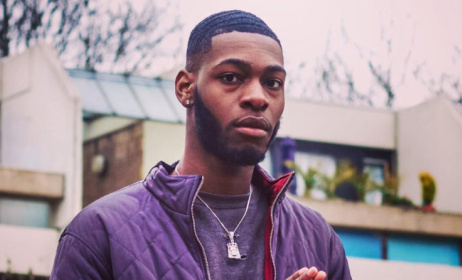
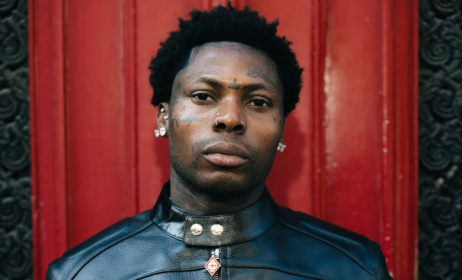
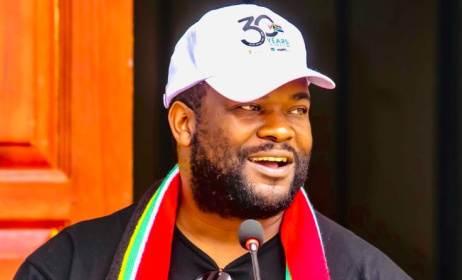
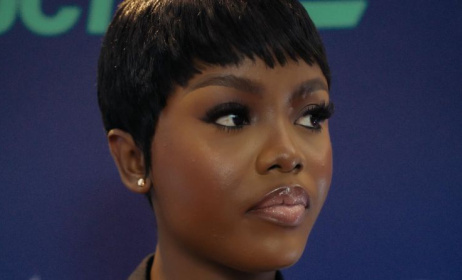


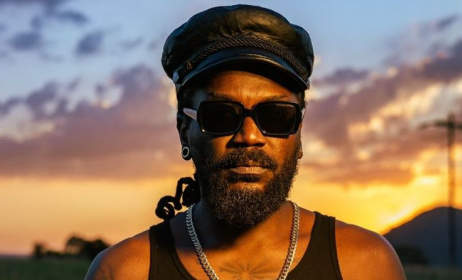

Comments
Log in or register to post comments